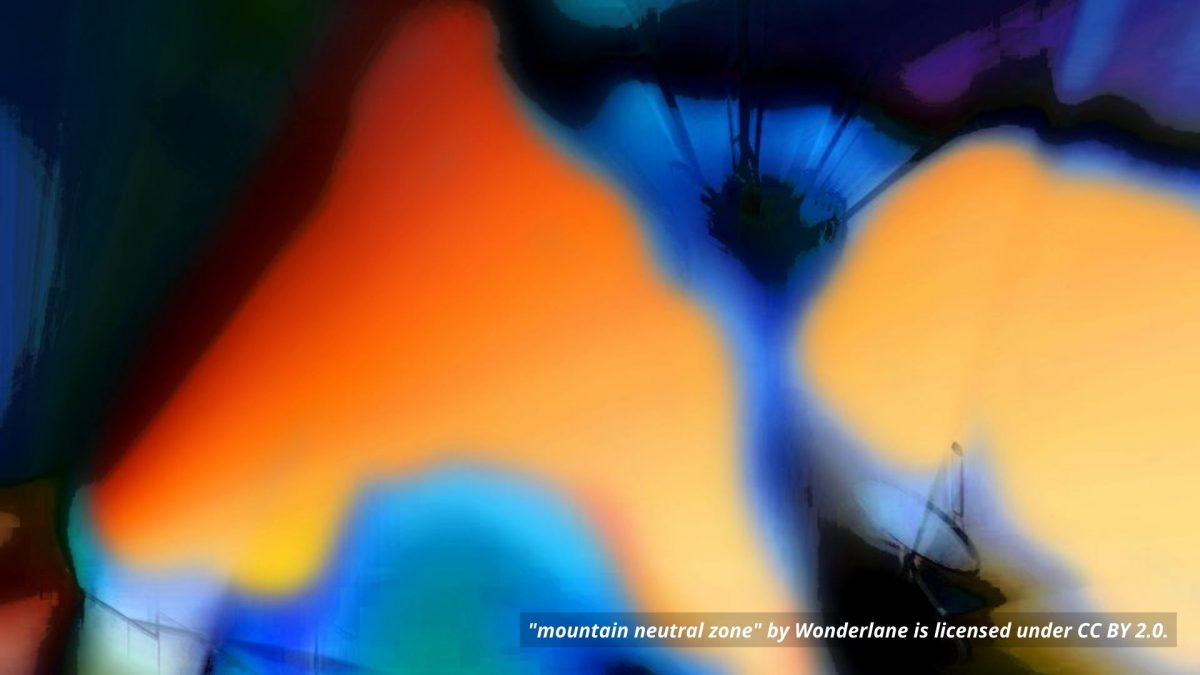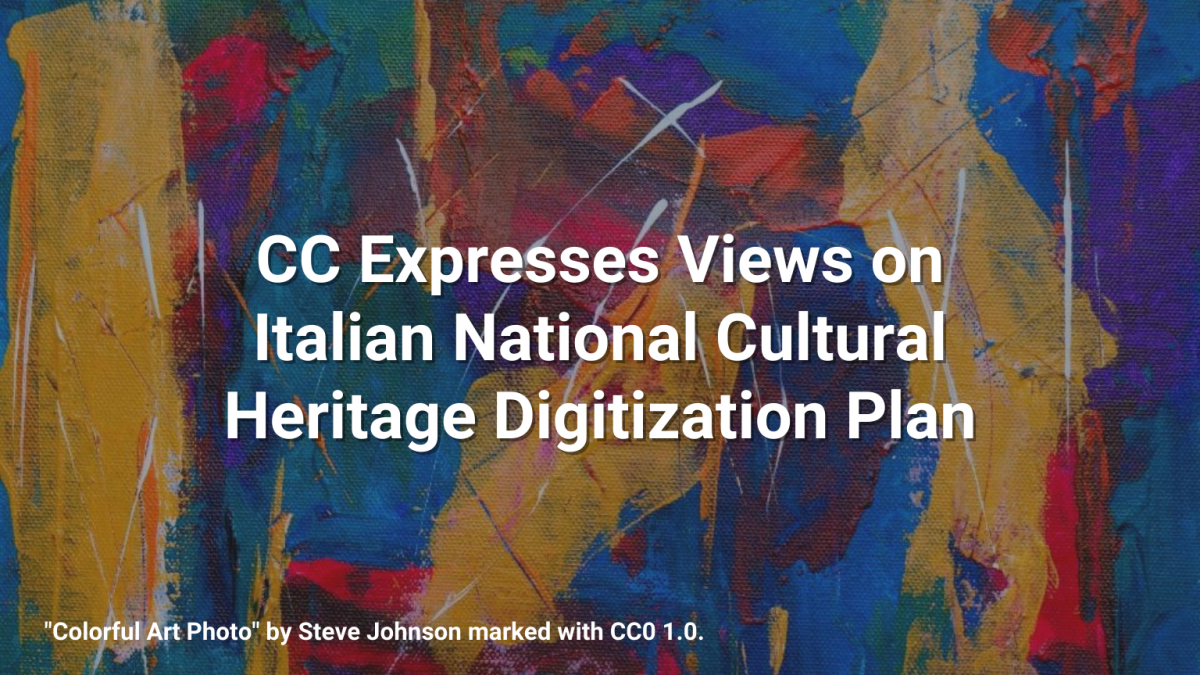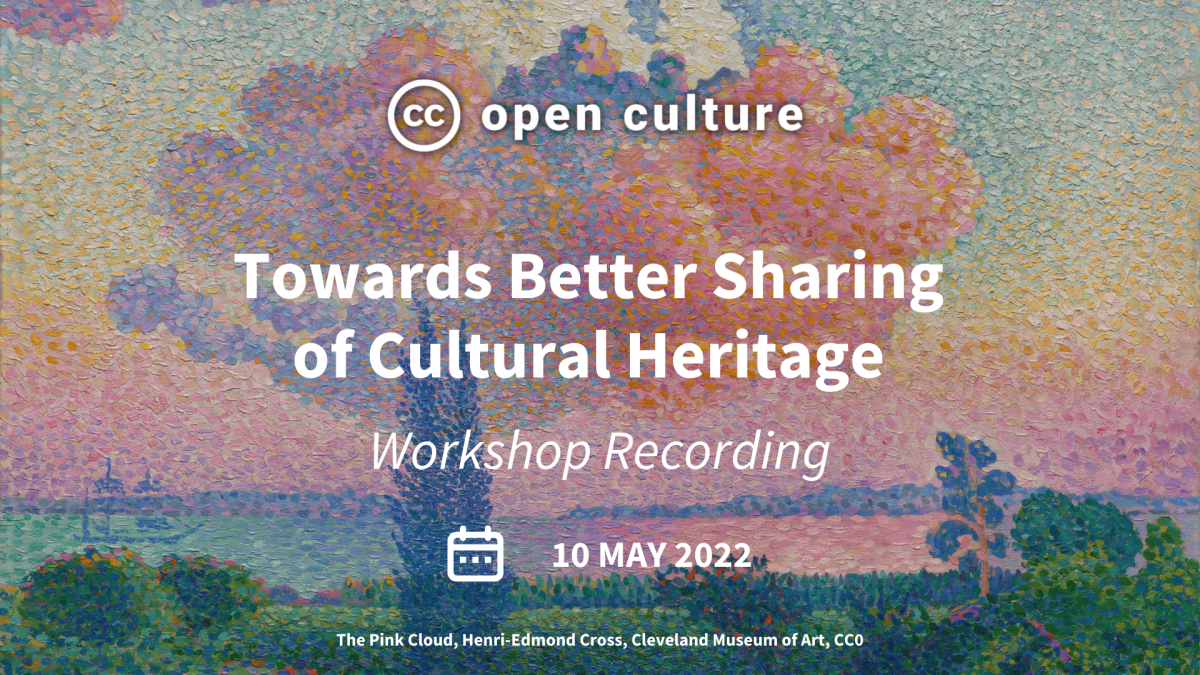
Last week in Geneva, Creative Commons participated in theWorld Intellectual Property Organization’s (WIPO) bi-annual meeting of itscommittee on copyright and related rights.
CC has had “observer status” at WIPO since 2011, which means that it can attend the proceedings and at times offer written or oral feedback on activities of the committees.
WIPO’s agenda has included at least some discussions around limitations and exceptions to copyright for education and research—essentially, how to pursue a legal or normative mechanism that will improve access to and use of copyrighted works in service of teaching and learning.
While we continue our outreach and advocacy on open education policy and practice, we have always known that voluntary licensing schemes will never be a comprehensive solution. Nor should they be. Governments and others need to take a leadership role to enshrine within the exception and limitation framework the rights of those who teach and those who learn to take advantage of knowledge worldwide without fear of infringing. For this reason, CC believes thatfundamental law and regulatory reform is needed, regardless of the success of the CC licenses and their utility in promoting a more equal, just and fair society.We support mandatory, flexible exceptions to copyright to sustain and empower education and research.
Delia Browne, National Copyright Director for Australian Schools and co-lead for Creative Commons Australia, attended the meeting on behalf of CC. She presented the statement below at the meeting. The Communia Association, of which Creative Commons is a member, alsoparticipated in the WIPO sessions focusing on exceptions and limitations for education.
In addition, last week WIPO announced it wouldadopt an open access policy“in support of its commitment to the sharing and dissemination of knowledge, and to make its publications easily available to the widest possible audience.” Through this announcement, WIPO joins intergovernmental organization such asUNESCO, theWorld Bank, and theCommonwealth of Learningin making their publications available under open licenses. We congratulate WIPO and these intergovernmental organizations, and call for other publicly-minded institutions to support open access and distribution of works they develop.
Creative Commons – Statement in relation to Limitations and Exception on Education
Friday 18 November 2016
Presented by Ms. Delia Browne
谢谢主席先生。我今天代表知识共享组织(Creative Common卡塔尔vs葡萄牙分析s)发言。知识共享组织是一个全球性的非营利性组织,致力于使人们在符合版权规则的情况下更容易地分享和利用他人的作品。
We warmly welcome and congratulate the World Intellectual Property Organization new Open Access Policy which will make all of its publications available under Creative Commons Inter Government Organisation (IGO) licences. We welcome WIPO’s commitment to make its publications as widely accessible as possible and we were delighted to be represented here person to hear the public announcement by the WIPO on Wednesday.
We also thank the Chair for the extremely helpful chart on Limitation and Exceptions for Education, which we will consider with great interest.
Creative Commons believes that in the digital era, universal access to education is possible. To this end we are working extensively with governments, educational institutions, companies and individuals; sharing free licenses and legal tools that promote access to knowledge and information. Today:
- Creative Commons licenses underpin millions of open access and openeducational resources, from academic papers through to quality educational videos and higher education courses. Governments, charitable and philanthropic organisations are increasingly requiring research to be openly licensed in return for funding support.
- The Creative Commons public domain mark is used to label millions ofout-of-copyright works shared on platforms such as Europeana.
- Governments and organizations are proactively using the using the CC0 dedication on data sets, in order to remove copyright restrictions that wouldotherwise hamper research
All this material is easily discoverable by teachers, students, and self-learners, who are using it to study, research, build upon and distribute further, increasing the knowledge commons.
We are proud of the opportunities provided by Creative Commons resources, but we understand that licensing alone is not, and never can be, the full solution. Creative Common’s licenses only apply to a fraction of necessary educational resources, works whose creators make a conscious decision to affirmatively openly license their work. And licencing, open or otherwise, cannot replace the essential work of educational exceptions and limitations.
Therefore Creative Commons supports mandatory, minimum standards for educational limitations and exceptions.
We congratulate Professor Seng on his study on copyright limitations and exceptions for educational activities. While we understand that there is still further work to be done before all 189 member states’ legislation is reviewed, already three key point emerge:
- There is a broad agreement that education is an area where exceptions andlimitations are necessary;
- There is a divergence on how to protect educational rights, and which exact rights are protected;
- 许多国家的例外情况没有跟上技术进步的步伐——虽然一些旧的例外情况在引进了新的权利持有人权利的领域成功地适应了新技术,例如技术保护措施,但相应的教育保护却没有跟上。
In this context we thank the delegation ofArgentinafor their interesting proposal– focusing as it does on two crucial factors, uniformity and coordination. This aim – of ensuring minimum standards that could be used in a cross-border situations – is a necessity in the digital, globalized world. Creative Commons believes there is scope in further exploring how this proposal can support work on mandatory minimum standards to protect copyright limitations and exceptions.
We must ensure that fair access to educational materials is protected globally. We offer any assistance that may help in progressing this essential topic, and thank the committee for its work.




